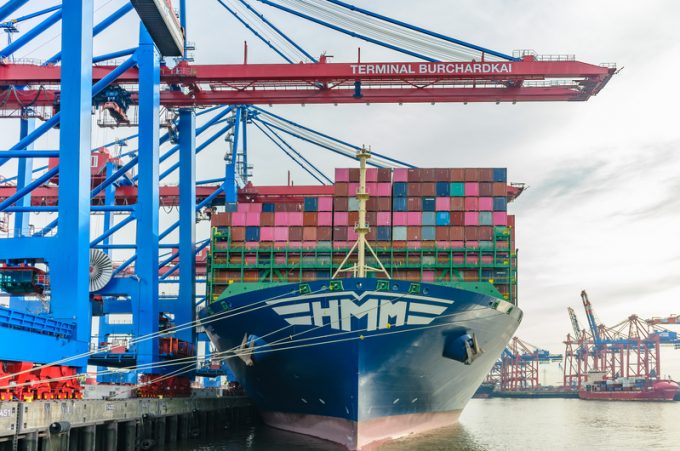News in Brief Podcast | Week 7 | Tariff pandemonium and port congestion
In this episode of The Loadstar’s News in Brief Podcast, host and news reporter Charlotte Goldstone ...

HMM should be nationalised, according to Busan civic groups and members of South Korea’s marine industry that have begun lobbying the government to stop seeking a buyer.
Lobbyists, including the National Movement For A New Maritime Power, Busan Port Development Association, claim the three companies vying ...
Four crew members still missing as Wan Hai 503 continues to burn
Explosions and 'out-of-control' fire reported on Wan Hai box ship
Predatory rivals circle as the ripples from DSV's Schenker buy widen
MSC Elsa crew face criminal probe, as Wan Hai 503 firefighters battle on
'It's driving us mad', say forwarders as US court fails to end tariff turmoil
Transpacific rates ease as capacity boost proves too much for trades to digest
European port congestion easing – for now
CMA CGM 'testing the water' of the Suez Canal for more services
Flexport: Sanne Manders talks profitability, fire-sales and Dave Clark
Latest Israeli attack on Iran a threat to box ships in Straits of Hormuz
More legal trouble in India for MSC: feeder vessel detained after box ship disasters
DSV insiders hit back at Kuehne & DHL GF – got a 'pro integration' going
MSC to hold 15% global container terminal market share after Hutch buy
EXCLUSIVE: Schenker top exec departs 'One DSV' – fishing continues (Part 1)
DHL makes €500m bid to increase its presence in 'fast-growing Gulf markets'
EXCLUSIVE: The good old DSV, 'Winning as One' – all Schenker top dogs out (Part 2)

Comment on this article